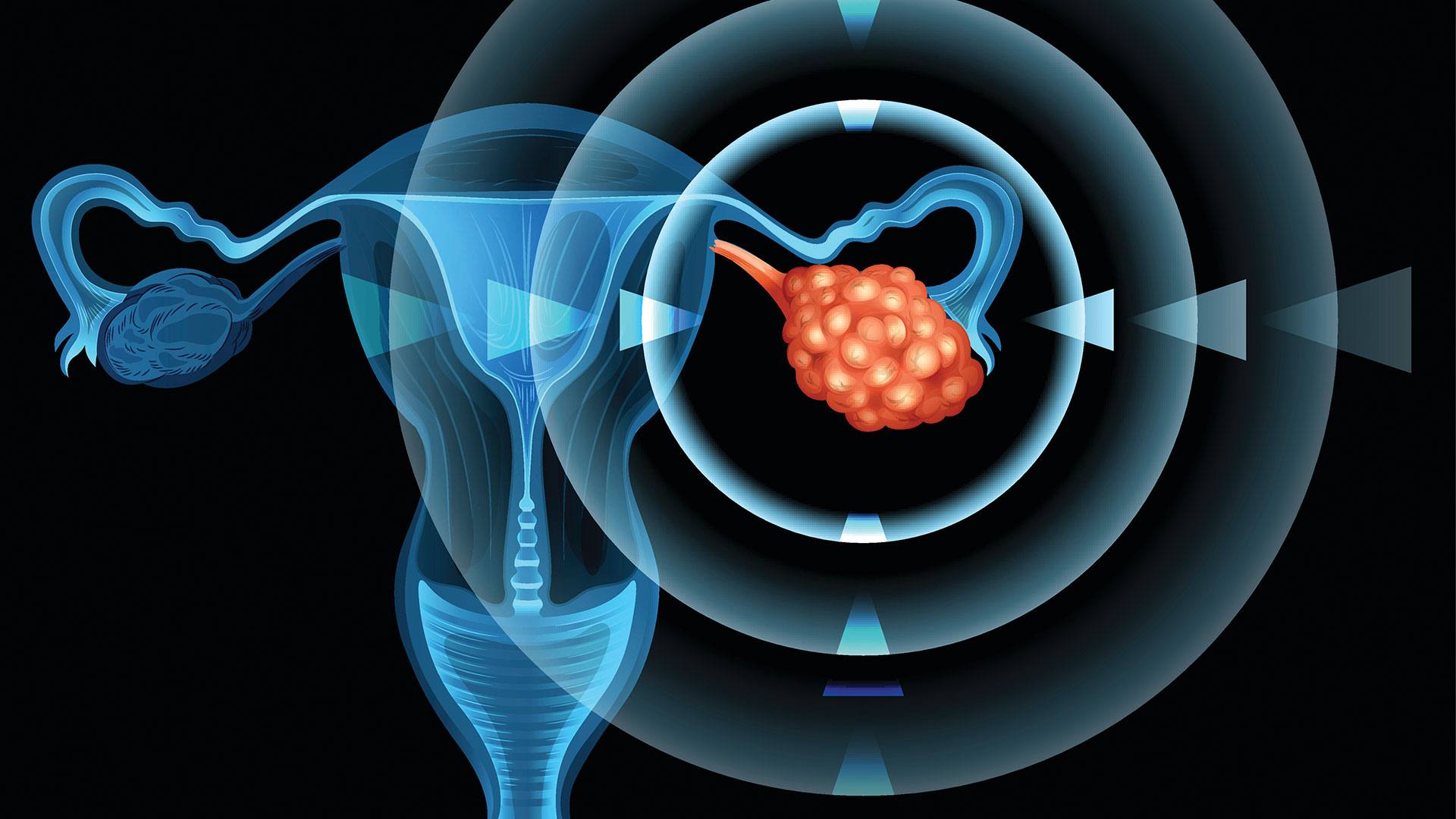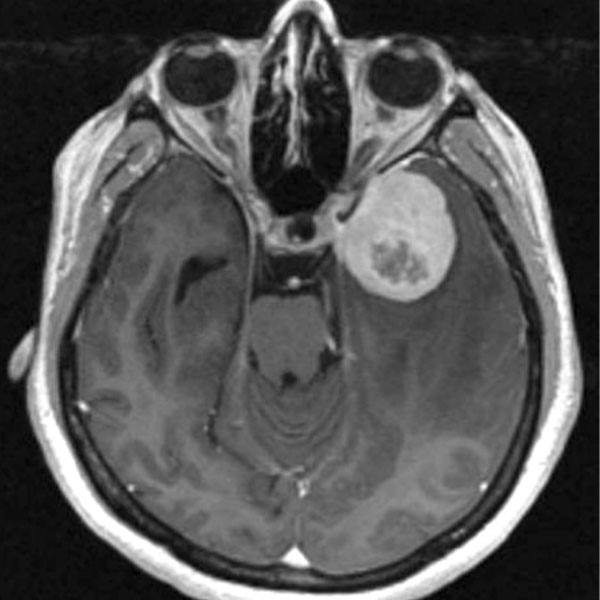-
Cancer
Hope for ovarian cancer: New immunotherapy target

In a study published in Science Advances, Mayo Clinic researchers found a new immunotherapy target called a cryptic antigen that may be key in helping the immune system fight tumors in ovarian cancer.
Cryptic antigens are part of a protein — known as epitopes — that are usually hidden or inaccessible to the immune system and may be present in tumor cells.
"These findings underscore the need to look at alternate sources of target antigens for ovarian cancer," says Marion R. Curtis, Ph.D., a Mayo Clinic senior associate consultant in immunology and senior author of the study.

Dr. Curtis explains that discovering tumor-associated antigens that T cells recognize is crucial for the success of immunotherapeutic approaches in ovarian cancer, where the growth of cells that form in the ovaries multiply quickly and can invade and destroy healthy body tissue.
T cells are a critical component of the adaptive immune system. Their ability to recognize and respond to specific targets is fundamental to their function. They play a significant role in developing and treating cancer and are vital in the immune system's fight against infections.
The researchers characterized the tumor antigens generated from ovarian cancer using multi-omics approaches to determine their ability to trigger an immune response. Multi-omics encompasses using multiple “omes” (i.e., genome, proteome, microbiome, epigenome) to better understand the mechanisms of disease processes, detection, potential prevention and more focused therapies.
Researchers have previously focused on discovering newly formed antigens (neoantigens). However, a previous study revealed that neoantigens are rarely found in ovarian cancer samples, making them unattractive targets. While targeted immunotherapies and immune checkpoint inhibitors have been highly successful in treating multiple cancer types, patients with ovarian cancer have limited benefit from these approaches.
What lies ahead?
Researchers will explore cryptic antigens in designing new treatments, such as vaccines or immunotherapies, that could help the immune system target tumors more effectively. They plan to test these approaches in laboratory models and clinical trials to see if they work safely.
The next steps include larger-scale studies to identify the abundance of cryptic antigen expression across different tumor types and to understand how those levels of cryptic antigens may correlate with patients' responses to immunotherapy.
Such studies could pave the way for developing immunotherapies targeting cryptic antigens in other tumor types. Moreover, understanding how cryptic antigens are processed and presented could offer new strategies to help the body's immune system fight cancer. In the long term, these efforts could broaden the reach of immunotherapy to other forms of cancer that currently lack effective treatment options.
Review the study for a complete list of authors, disclosures and funding.







